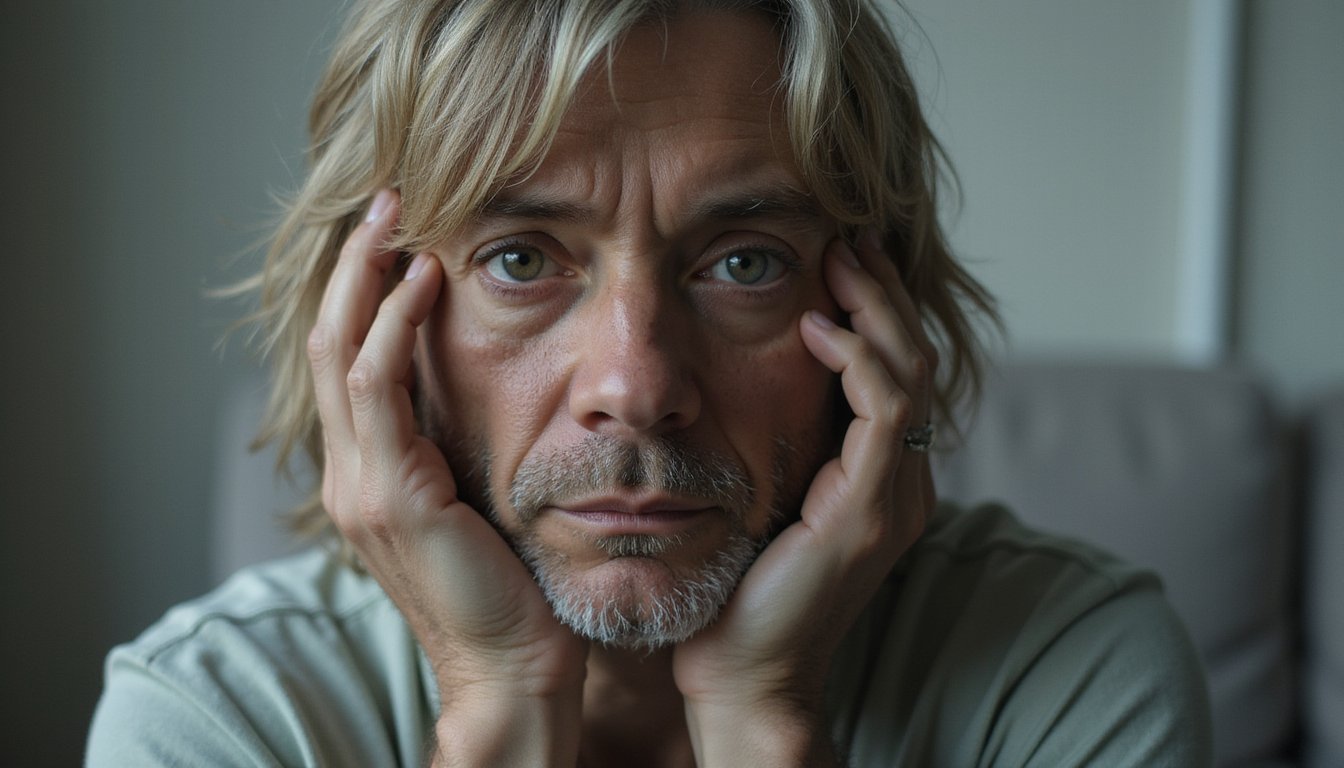Genetic diseases such as hypertension and diabetes carry an increased risk if a first-degree relative such as a mom, dad, sister or brother is impacted. Individuals with a first-degree relative affected must be screened early and often to check for signs of the disease. Likewise, addiction has a genetic component with environmental factors playing a role. Learn more about the cycle of addiction in the family and how to break free.
Genetics
Studies have shown in the past genetic factors operate at all steps of addiction including vulnerability to initiation, continued use and propensity for dependence. Twin studies have become popular to investigate the contributions of genetic and environmental factors. Numerous large twin studies for alcohol-related behaviors consistently show heritability of alcohol abuse and dependence is anywhere from 50-70 percent. Twin studies suggest nicotine and alcohol dependencies share more than 60 percent of the genetic vulnerabilities.
Breaking the Cycle
If addiction and mental health are genetically inherited, the question remains of how a person can break the cycle of addiction in families. Experimentation with drugs and alcohol begins at a young age but children and siblings of addicted loved ones must form strong friendships with others to live a stable, healthy life. Positive adult role models such as teachers and coaches are important in a child’s life, especially when addiction is present. Children may not be emotionally or mentally mature enough to recognize how to do this in order to escape the cycle. The frontal lobe of the brain is responsible for mature decision making and is not fully formed until 25 years of age. It is more difficult to recognize the following key points to help break the cycle of addiction:
- Stay away from negative people, find those who are positive
- Find mentors (coaches, teachers, elders) to provide responsible, sound advice
- Get authorities involved if safety becomes an issue
- Know that a loved one’s addiction is not one’s fault
The Future
A bad childhood filled with negative experiences does not equate to a bad future. A multitude of inspirational stories about people who break the cycle are in the news everyday. People are resilient and able to find ways of overcoming great tragedy to turn it into triumph. Every person has the unique ability to transform a life story into one that helps others. Although one cannot help the environment in which he or she was raised, the outcome of the future is available with the right tools, support and help to break the cycle of addiction once and for all.
The Villa provides information and resources to support individuals with addiction in breaking free of the cycle. If you are ready to move on, call us. Let us help you find the tools needed to make the best decision you’ve ever made.







